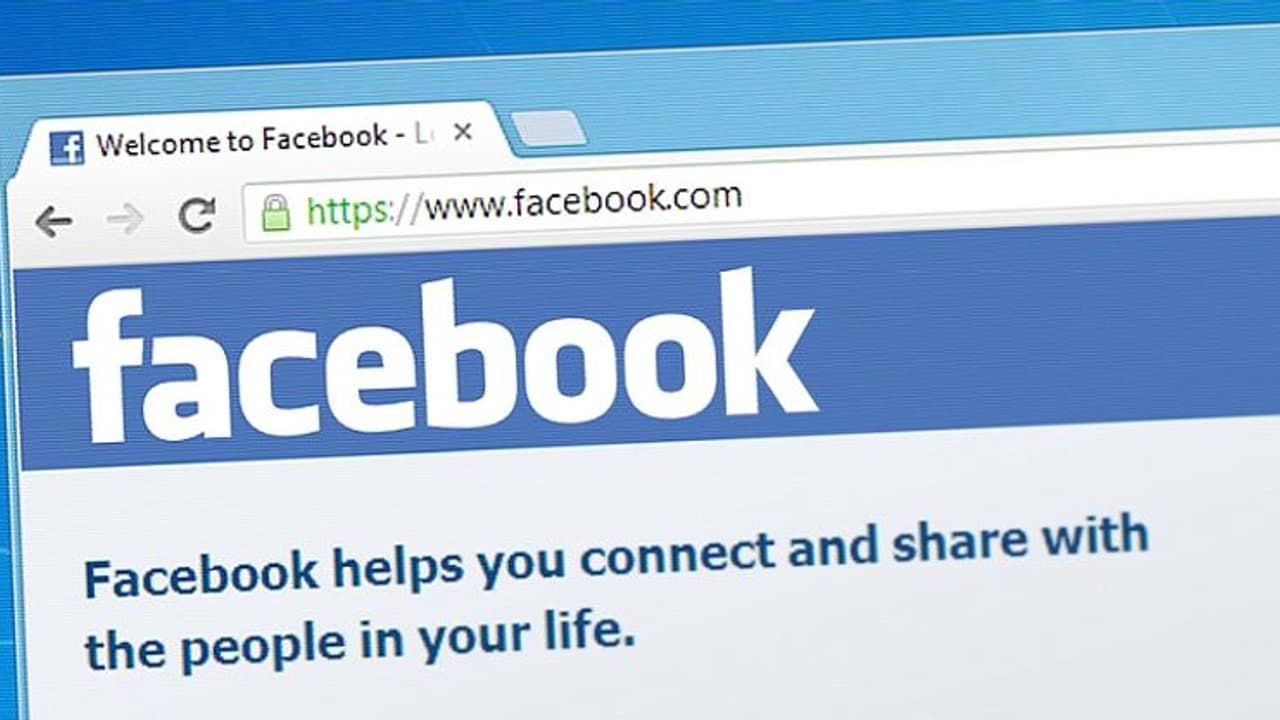The Supreme Court has reminded Facebook that while the platform has played a crucial role in enabling free speech, it has simultaneously become a platform for disruptive messages, voices, and ideologies.
The Supreme Court has reminded Facebook that while the platform has played a crucial role in enabling free speech, it has simultaneously become a platform for disruptive messages, voices, and ideologies.

Justice Sanjay Kishan Kaul, in his judgment on the petition filed by Facebook India Head Ajit Mohan challenging the notices issued by the Delhi Assembly's Peace and Harmony Committee seeking his presence before it as part of its inquiry into the Delhi riots, said that the width of Facebook's access cannot be without responsibility
Here are more excerpts from his judgment by the bench also comprising Justices Dinesh Maheshwari and Hrishikesh Roy.
* In India, Facebook has about 270 million registered users. Such vast powers must necessarily come with responsibility.
* Entities like Facebook must be accountable to those who entrust them with such power.
* The information explosion in the digital age is capable of creating new challenges that are insidiously modulating the debate on issues where opinions can be vastly divided.
* While Facebook has played a crucial role in enabling free speech, it has simultaneously become a platform for disruptive messages, voices, and ideologies.
* Social media, on the one hand, is enhancing equal and open dialogue between policymakers and citizens. On the other hand, it has become a tool for various interest groups who recognise its disruptive potential. Extremist views are peddled into the mainstream, thereby spreading misinformation.
* Established independent democracies are seeing the effect of such ripples across the globe and are concerned. Election and voting processes, which form the very foundation of a democratic government, stand threatened by social media manipulation.
* It is difficult to accept the simplistic approach adopted by Facebook -- that it is merely a platform posting third party information and has no role in generating, controlling or modulating that information. The endeavour to hide behind such simplistic models have been found to be unacceptable by the UK Parliament.
* It is too late for firms like Facebook to deny that they use algorithms with some human intervention to personalise content and news to target users. These algorithms are often far from objective, with biases capable of getting replicated and reinforced. The role played by Facebook is, thus, more active and not as innocuous as is often presented when dealing with third-party content.
* The immense power that platforms like Facebook wield has stirred a debate not only in our country but across the world. The endeavour has been to draw a line between tackling hate speech and fake news and suppressing legitimate speech, which may make those in power uncomfortable.
* This unprecedented degree of influence necessitates safeguards and caution in consonance with democratic values. Platforms and intermediaries must subserve the principal objective as a valuable tool for public good upholding democratic values.
* In this modern technological age, it would be too simplistic for Facebook to contend that they are merely a platform for the exchange of ideas without performing any significant role themselves -- especially given their manner of functioning and business model.
* The width of Facebook's access cannot be without responsibility. These platforms have become power centres themselves and have the ability to influence vast sections of opinions.
* Without undermining the role performed by Facebook in giving a voice to various sections of society across the world, it has to be noted that their platform has also hosted disruptive voices replete with misinformation.
* It is this role that has been persuading independent democracies to ensure that these mediums do not become tools of manipulative power structures.
* Facebook as a platform is in the nature of a mass-circulation media, which raises concerns of editorial responsibility for the content circulated through its medium. The width of the reach of published material cannot be understated or minimised.
* In the United States of America, Facebook projected itself in the category of a publisher, giving them protection under the ambit of the First Amendment of its control over the material which is disseminated in their platform. Surprisingly, in India, it identifies itself purely as a social media platform, despite its similar functions and services in the two countries.
* Dependent on the nature of the controversy, Facebook having an almost identical reach to the population of different countries, seeks to modify its stand depending upon its suitability and convenience.
* For Facebook, it is first a business and then anything else. They would only appear before a committee if it served their operational and commercial interests. But they seek a right to stay away if their business interests are not served. Such a stand is completely unacceptable to us.
